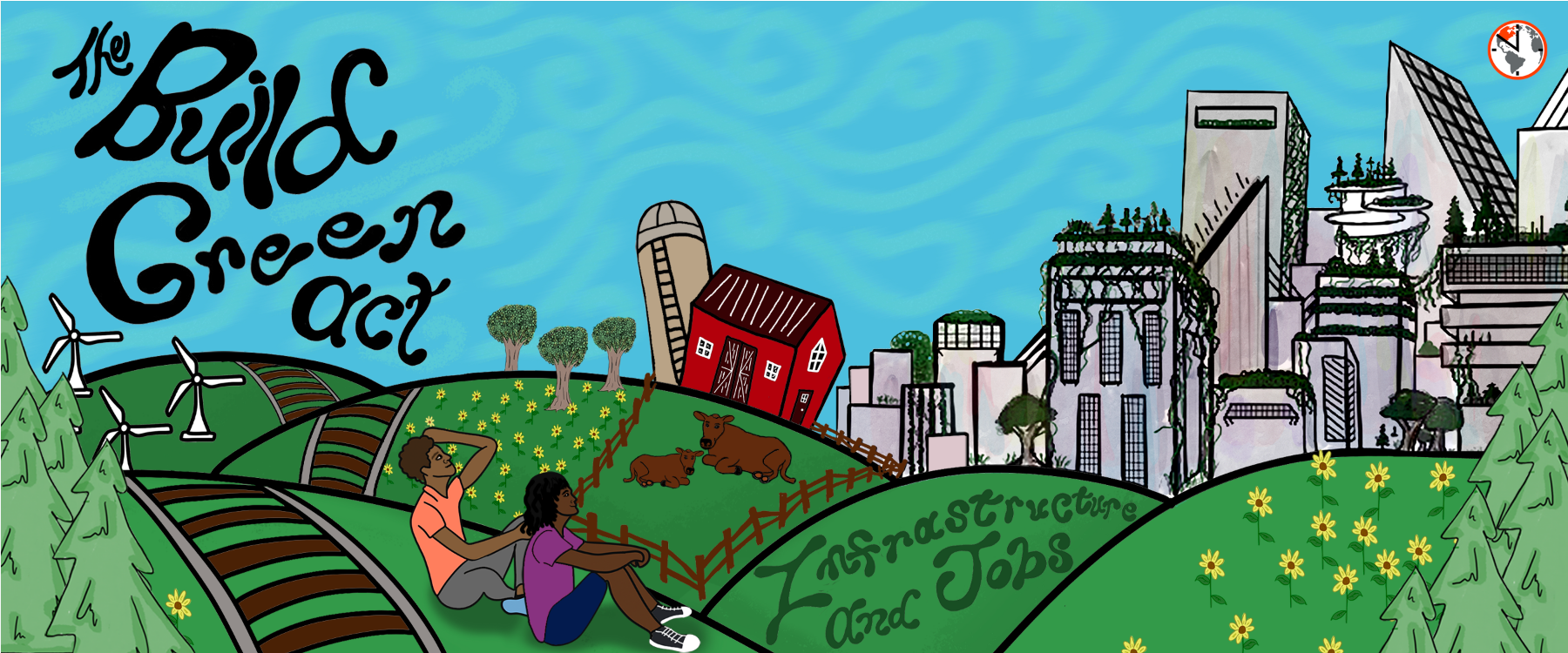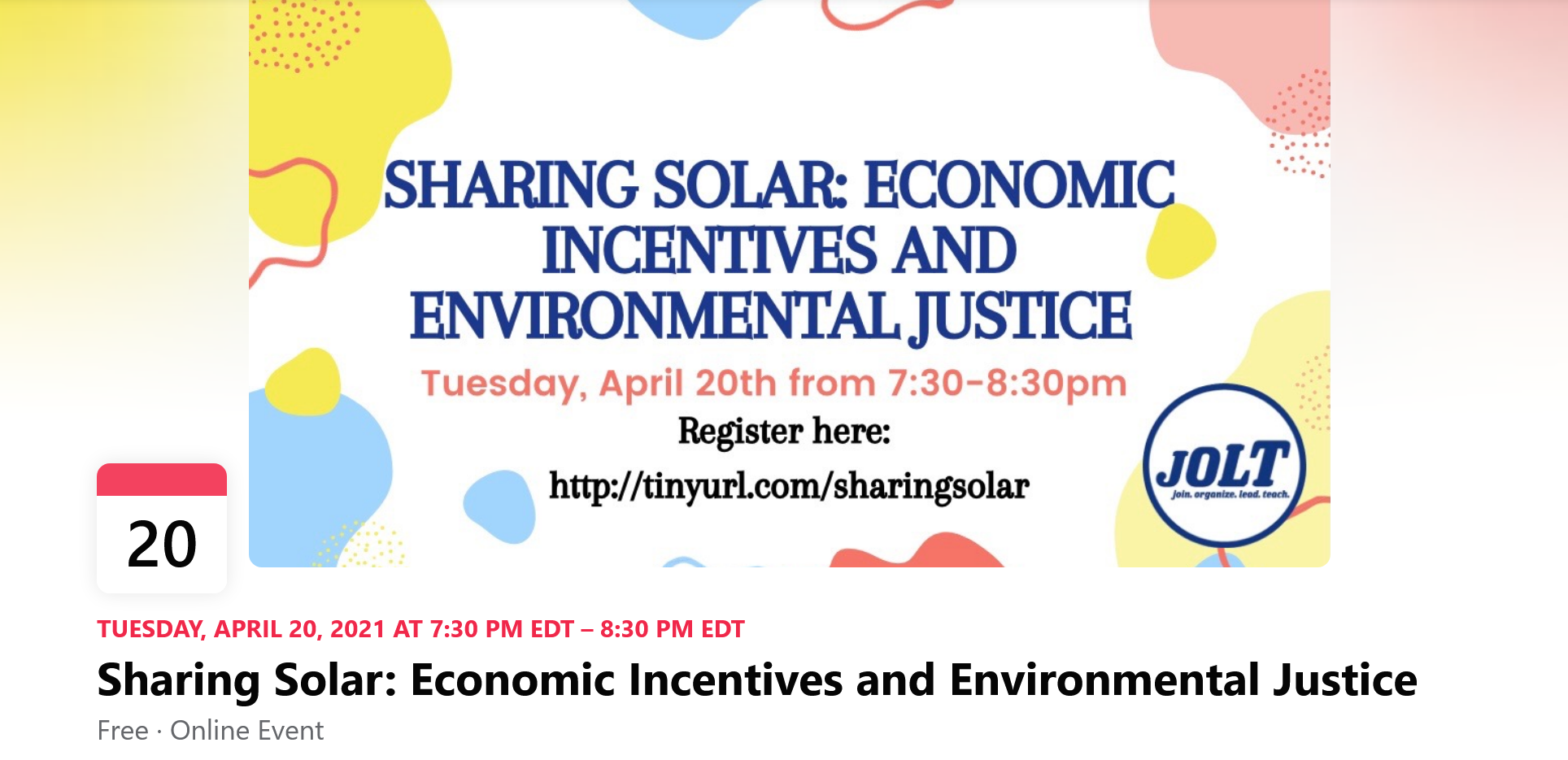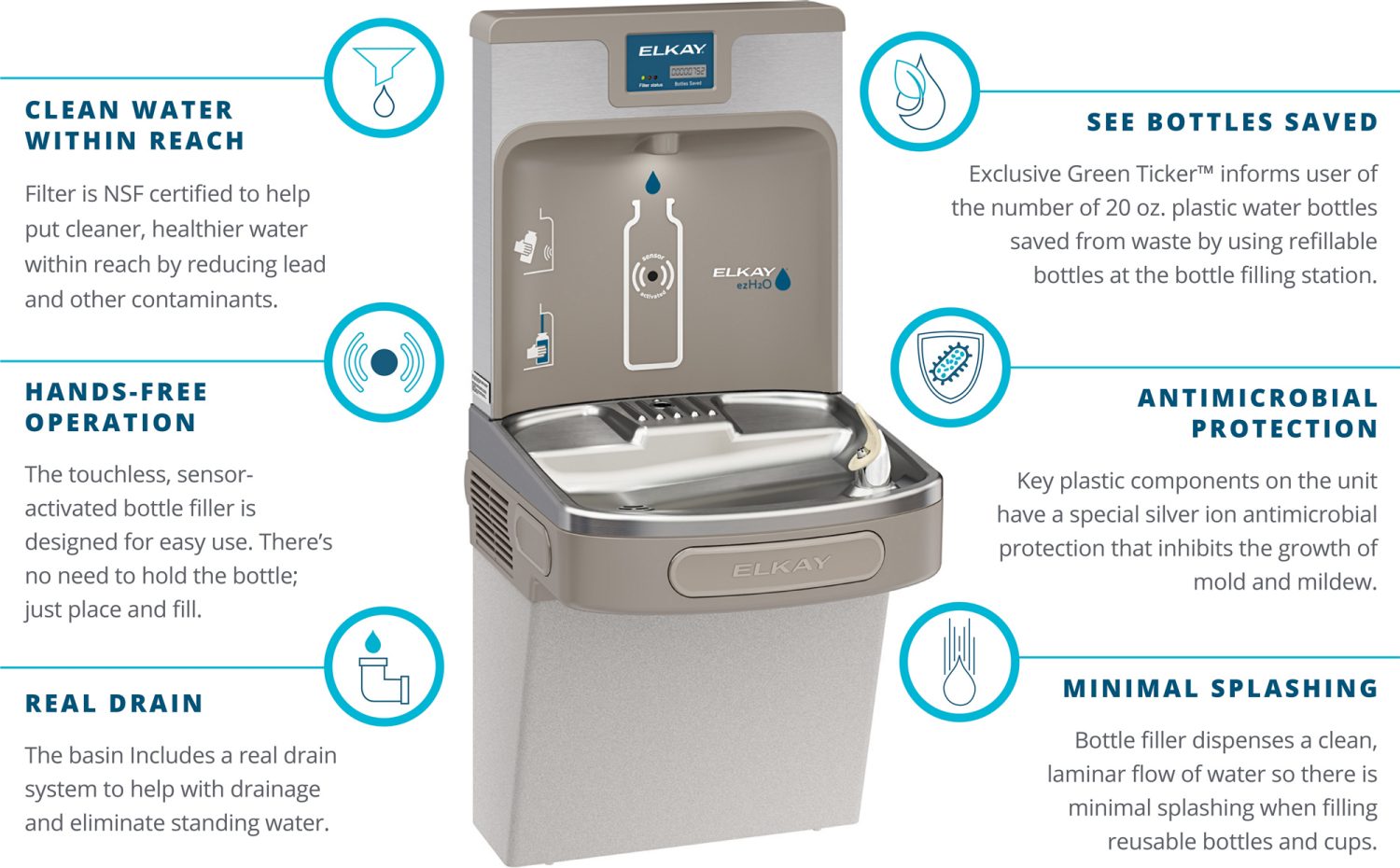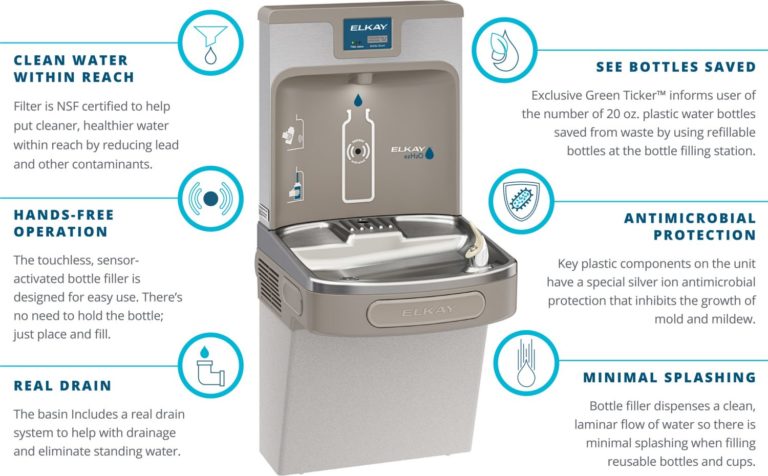When it comes to reversing the climate crisis, do the actions of an individual make a difference? Does it even matter who is ultimately responsible for the climate crisis?
The fossil fuel industry has deliberately shifted responsibility for the climate crisis away from corporations and onto individuals. Using advertising to subconsciously make consumer demand (that they perpetuate) the source of the issue. Yet towns and even some States in America are now suing oil companies for staying silent when they knew the environmental damage they we’re causing. While it stands to reason that the “user pays” what happens when the user isn’t aware of the true cost of use? Well then, let’s look deeper shall we?
The psychology of a drug dealer who blames the user harks back to the tobacco industry. But are citizens responsible for the climate catastrophe just because these corporations deem it so?
Corporations, the wealthy elite and banks financing extraction have certainly caused the most damage. Although citizens have a role to play shouldn’t the world’s governments enact sweeping green policies to actually make a notable impact ?
In my opinion, there’s no question it’s up to governments specifically of the Global North. Those countries have benefitted the most from capitalism and also contribute the highest carbon emissions per capita. Naturally, it’s only fair that they/we make the greatest, structural and legislative changes to address the various issues. From environmental racism to air, sea and land pollution. From deforestation and extraction to overconsumption and hyperproduction. The white capitalist economy has prospered off the exploitation of other countries and therefore, those governments must pay to clean up this mess.
But yes individuals have agency here too.
CLEAN, GREEN INFRASTRUCTURE & JOBS
Not a moment too soon, the new U.S administration has designed a revolutionary package called the American Jobs Plan funded by a 28% corporate tax. Focused on rebuilding and updating infrastructure to deal with climate change and environmental racism while creating equitable jobs that centre Black, Brown and Indigenous people. Unbelievably, some politicians appear to be offended by this fair and comprehensive plan. Meanwhile, Senate Republicans continue to display an absurd and frankly prehistoric resentment for anything that addresses the climate crisis. To them, this bill looks exactly like the Green New Deal – which is bad apparently.
Who knows why they’re so determined to usher in the sixth extinction? No amount of tax breaks will help if that happens. They’re either woefully unaware of the gravity of the situation or just prefer an existential threat above taxing corporations. I suppose there’s a third reason, that anything the opposition does is automatically wrong. Could Republicans (& Joe Manchin) be arguing for argument’s sake? I’d call them childish but that’s offensive to children. Honestly, I just don’t get it, do you?
Aiding and abetting the end of humanity for short term financial gain will never make sense to anyone with a fraction of self-awareness & empathy.
I suspect it comes down to the same old issue of too much government combined with an irrational fear of socialism. Even Republicans understand that taxes pay for infrastructure. However, regular citizens have already paid more than their share while corporations continue a decades-long trend of avoiding tax. Indeed 55 of America’s largest corporations paid ZERO tax in 2020. What’s more, they also enjoyed their own special brand of socialism in the form of bail-outs and subsidies despite record profits – corporate tax breaks for 2020, including $8.5 billion in tax avoidance and $3.5 billion in rebates, $12 billion total. Meanwhile, citizens waited a year for a measly $1,200 stimulus cheque and couldn’t get the $15 minimum wage passed.
As a consequence, taxing big business is morally right as well as necessary, to finance this enormous future-proofing task. In fact, so little has been upgraded since the original New Deal that American infrastructure has literally crumbled to rank 13th in the world. Sub-standard infrastructure not only hurts citizens but also has a real impact on corporations too. I mean just like the rest of us, Amazon trucks can’t drive over dangerous bridges or roads covered in potholes. Could there be a better time to go green than when addressing the country’s dilapidated infrastructure?
In any case, whatever their issue for fighting this bill, polls show most people aren’t buying it, not even Republican voters.
THE WORLD IS ELECTRIFYING
Obviously, we have a lot of catching up to do in a very short space of time. According to the U.S Energy Information Administration, the U.S consumption of renewable energy is just 11%. I wish we’d started sooner, but this is where we are. Importantly, we have the tools to electrify the entire country within this decade – so let’s just do it. There really is no trick to it.
At least 47 other nations already generate over 50% of their electricity from renewable resources. Iceland and Norway generate all of their electricity using renewable energy. Sweden is on track to eliminate fossil fuels from electricity entirely by the year 2040. In October of 2018, 98% of Scotland’s electricity was generated by wind energy. Almost 100% of Iceland’s energy comes from renewable sources, mainly from hydropower and geothermal energy.
Germany leads the world in solar energy. At the beginning of 2018, it generated enough power from renewable sources to power every household for one year. Germany’s goal is to get 65% of its electricity from renewable energy by 2030. Uruguay achieved almost 100% renewable energy in less than 10 years while Denmark gets over half of its electricity from solar and wind power and plans to be free of fossil fuels by 2050. Costa Rica generates 99% renewable energy. In Canada, both Quebec and British Columbia are at nearly 100% renewable power. More than half of the energy supplied in Kenya comes from geothermal.
Special mention to Bhutan, the country that has based its political decisions on a Gross National Happiness (GNH) index, rather than Gross Domestic Product (GDP). Bhutan holds the honour of being the only country to date that is net-zero. Although there are many more examples of countries making excellent progress, you get the picture.
In order to reach net-zero by 2050 without offsetting, America will have to build more power stations to deliver electricity across the entire country. When you think about clean energy, remember that electrifying everything is just one part of the job. Supplying clean electricity from the source is the other. Think of it this way, there’s no point buying an EV if the charge comes from electricity generated by fossil fuels. We could also retrofit our homes to all-electric by switching from gas cooking and heating – currently natural gas accounts for 38% of total electricity generated in America. Fortunately, the U.S government is helping homeowners go solar along with adding more clean energy supply by building new solar and wind farms across the country.
CITIZENS FOR GREEN INFRASTRUCTURE
The truth is nothing we do as individuals will touch the sides of the climate crisis, but these actions DO push the needle of policymakers. Conscious Citizens understand the pathway to net-zero requires a concerted effort. Basically, everyone plays a part in this huge investment from the government. All the while keeping the private sector honest through tough regulations.
When the people pay for it, the people own it.
While most of this investment concerns electrification, the overall impact has a far wider reach. There’s environmental justice for communities that have been targets of waste and pollution. Cleaning up towns and land that have been poisoned and making improvements where there was neglect. Going green in the U.S is reported to create between 500,000 and 1 million new jobs in the clean-energy sector by 2030. There’s also a plethora of health advantages to ending fossil fuels, that will have equal significance to the economy. For example, it’s estimated that between 200,000 and 300,000 premature deaths in America due to air pollution alone will be prevented by 2050.
So what should we do as individuals? Well, that’s simple, we should do the best we can. Although that can look different for everybody. If you can join a local group like JOLT do that but if you can’t be the boots on the ground, subscribe to powerful environmental justice groups like 350 org. In addition to that, sign petitions, join your country’s GREEN PARTY, add your name to important letters like this, make monthly donations, refuse plastic, shop less, refuse pesticides, read, learn and grow. Do your homework and you’ll find your space. There’s always room for another person in this fight.
Sources for this post are linked bold within it. Additionally, I’m in the process of collating all my resources onto a permanent page. It’s under the ENVIRONMENT tab in the top menu and will be a living document.
*Self portrait on Topsail Beach North Carolina 2019













Comments ( 4 )
Fernanda Nauana
I loved reading this Michelle. It’s not only informative but also shows the positive changes happening around the world 👏🏿👏🏿 thanks for sharing
MT
Thanks so much for saying that Fernanda! I often wonder if my writing reads a bit doomsday, you know what I mean? In truth, I feel incredibly positive about where we’re heading, more so than ever before actually. It was a long time coming so now we have to hurry up and get on with it 😉
Jorden Mail
I love your blog!!!
MT
Thank you Jorden, that’s so nice!
Full disclosure, since I wrote that post I’ve lost what little faith I had in the Democratic party. I am 100% just supporting the Greens now. I think we need to dismantle the US duopoly as it is clearly working against the people and is intended only to help corporations, billionaires and the military industrial complex.
If you’d like to know more, please follow me on Instagram @michelletyler1.5degrees